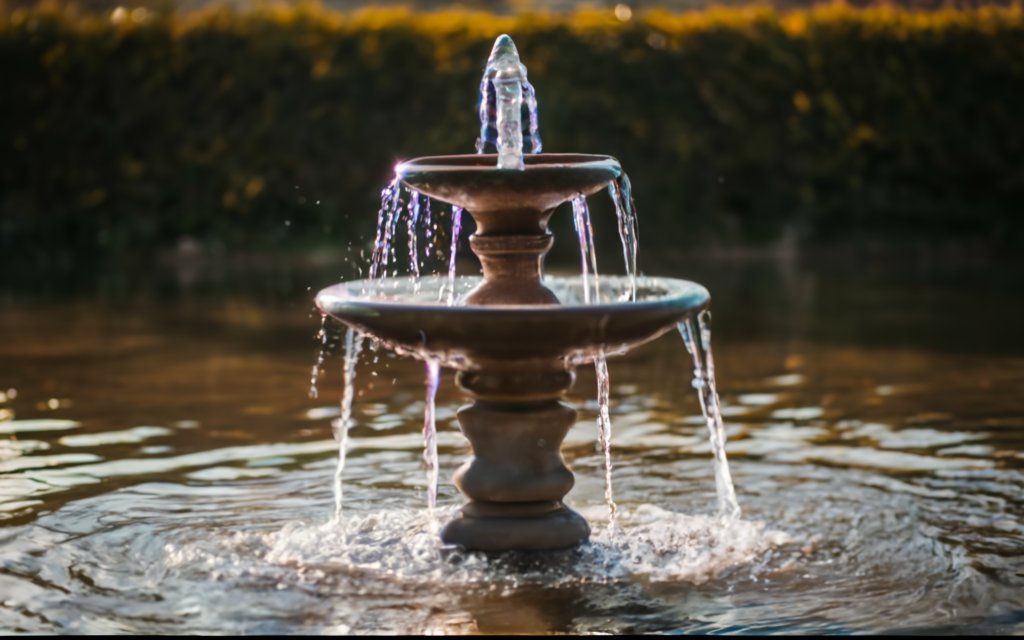Introduction
Water fountains are a common sight in parks, schools, and public buildings. They offer a convenient way to quench our thirst on the go. However, a question that often comes to mind is, do water fountains have filters? Understanding the filtration process of water fountains can help ensure that the water we drink is clean and safe. In this comprehensive article, we will delve into the topic, exploring the types of filters used, their benefits, and much more.
Understanding Water Fountains and Their Importance
Water fountains have been a staple in public areas for decades. They provide an accessible source of hydration, encouraging people to drink more water and stay healthy. But what ensures that the water we consume from these fountains is free from contaminants? The answer lies in the filtration systems that many water fountains are equipped with.
Types of Filters Used in Water Fountains
Do Water Fountains Have Filters?
Yes, many modern water fountains are equipped with filters to ensure the water is clean and safe to drink. These filters come in various types, each designed to remove specific contaminants. Let’s explore some of the most common types of filters used in water fountains.
Carbon Filters
Carbon filters are widely used in water fountains. They are effective in removing chlorine, sediment, and other organic compounds that can affect the taste and odor of water. These filters work by adsorbing contaminants onto the surface of the carbon particles.
Sediment Filters
Sediment filters are designed to remove particulate matter such as sand, silt, and rust from the water. They are typically made of materials like polypropylene or cellulose, which trap particles as water passes through.
UV Filters
UV filters use ultraviolet light to disinfect water by killing bacteria, viruses, and other microorganisms. This type of filtration is highly effective in ensuring the microbiological safety of drinking water.
The Benefits of Using Filters in Water Fountains
Improved Water Quality
The primary benefit of using filters in water fountains is the significant improvement in water quality. Filters help remove harmful contaminants, ensuring that the water we drink is safe and clean. This is especially important in public places where the water quality may vary.
Enhanced Taste and Odor
Filtered water generally tastes better and has no unpleasant odor. This encourages people to drink more water, promoting better hydration and overall health.
Environmental Impact
Using filtered water fountains reduces the need for bottled water, which in turn helps reduce plastic waste. This is a significant environmental benefit, contributing to a more sustainable future.
How to Maintain Water Fountain Filters
Regular Replacement
To ensure the filters in water fountains remain effective, they need to be replaced regularly. The frequency of replacement depends on the type of filter and the usage of the fountain. Regular maintenance is crucial for optimal performance.
Monitoring Filter Performance
It’s essential to monitor the performance of the filters to ensure they are functioning correctly. This can be done through regular inspections and testing the water quality.
FAQs
How often should water fountain filters be replaced?
Do all water fountains have filters?
What contaminants do water fountain filters remove?
Are UV filters safe to use in water fountains?
Can filtered water from fountains be as good as bottled water?
Conclusion
In conclusion, water fountains equipped with filters provide a reliable source of clean and safe drinking water. The use of various types of filters, such as carbon, sediment, and UV filters, ensures that contaminants are effectively removed. Regular maintenance and timely replacement of these filters are crucial for optimal performance. By choosing filtered water fountains, we not only ensure better health for ourselves but also contribute to environmental sustainability by reducing plastic waste. So the next time you drink from a water fountain, you can be confident that it is providing you with high-quality, filtered water.

